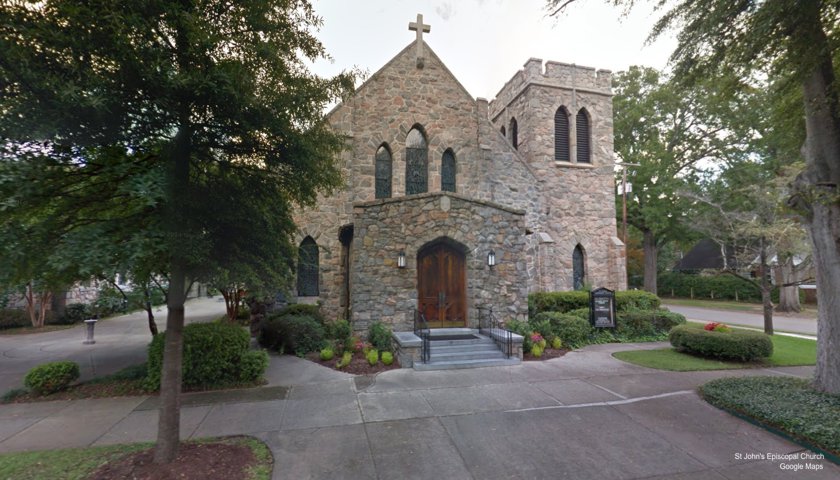The South Carolina Supreme Court on Wednesday ruled that conservative congregations that left the Episcopal Church in 2012 cannot continue to own their properties.
The ruling overturns a lower court ruling in 2015.
The affected congregations previously had agreed to let the national church hold their properties in trust. Seven that did not sign such an agreement can retain ownership of their land and buildings.
The Diocese of South Carolina broke away from the Episcopal Church in 2012 because of the ordination of gay priests and concerns about unorthodox interpretations of Scripture.
“Splits within the Episcopal Church and other mainline denominations have caused property lawsuits to surge in recent years; in 2016, they became the top reason churches ended up in court,” reports Christianity Today. Property disputes are largely the result of disagreements between conservatives and progressives.
The Diocese of South Carolina dates back to 1785 and is older than the Episcopal Church itself, according to Christianity Today. Today the diocese has about 50 churches and 20,000 members and is aligned with the Anglican Church in North America (ACNA).
Wednesday’s ruling means that 29 parishes do not get to keep about $500 million worth of historic church properties claimed by the diocese when it separated from the Episcopal Church. The diocese rejected a settlement offer two years ago that would have allowed congregations to keep their land in exchange for other assets including the diocesan name and crest and a church camp.
The challenge now for the Episcopal Church is that the historic churches have few parishioners as a result of so many conservatives leaving.
Jeff Walton, the Anglican program director at the Institute for Religion and Democracy, said in a statement:
Episcopal Church officials speak regularly about themes of reconciliation, but their actions in the courts indicate that property and exclusivity of their Anglican Communion franchise is paramount. The Episcopal Church has spent millions of dollars to litigate against departing Anglicans.
The Episcopal Church and its liberal Mainline Protestant counterparts refuse to accept what has become obvious: the majority of many congregations across the country do not want to depart their denominations, but will do so if liberal leadership continues down an unfaithful path.
Sadly, the Episcopal Church appears more interested in the recovery of property than in reconciliation.
Read the Court’s full decision:
[pdf-embedder url=”https://tennesseestar.com/wp-content/uploads/2017/08/27731-Protestant-Episcopal-Church-v-Episcopal-Church.pdf”]





